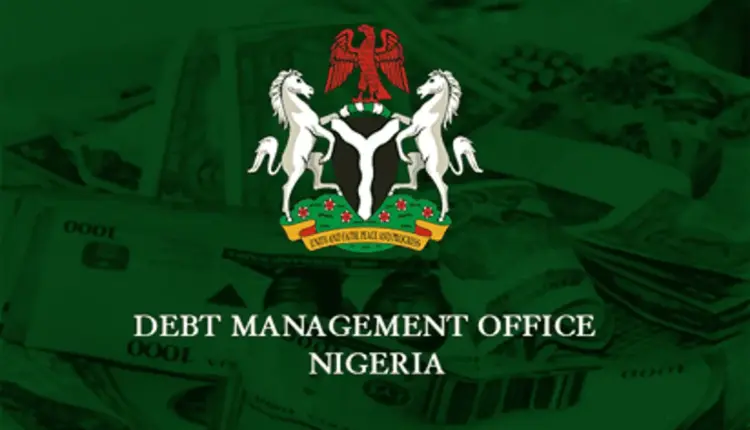Nigeria’s federal government through the Debt Management Office (DMO) raised the highest amount of debt through the FGN Savings Bond, soaring by over 150 per cent to N42.122 billion in 2024.
Compared to N16.77 billion that was raised through the Savings Bond in 2023, the amount borrowed from retail investors in 2024 rose significantly by 151.2 per cent. The amount raised in 2024 was even higher than N41.64 that was raised through the bond between 2021 and 2023.
Asides the significant increase in the amount raised through the bond, the DMO had also issued the debt papers at the highest coupon rates ever. From the single digit that the DMO used to offer, interest on the retail bond had risen in line with the benchmark interest rate and inflation to over 18 per cent.
With inflation at over 34 per cent and the benchmark interest rate, Monetary Policy Rate (MPR) raised to 27.5 per cent in the course of the year, coupon payments offered on the savings bond had increased to a high of 18.483 per cent offered on the 3-year paper in December 2024.
With the 3-year Savings Bond mostly offered at more than 18 per cent in the course of the year, it was the toast of investors who staked as much as N4 billion in the bond. At the end of the year, a total of 29.917 billion had been raised through the 3-year bond.
The least amount raised through the 3-year bond was N1.394 billion which was raised in January at 12.033 per cent. The highest amount was raised in the month of May when investors staked N4.325 billion on the 3-year paper at 18.407 per cent.
For the 2-year paper, a total of N12.205 billion was raised in the course of the year 2024 with the lowest amount N603.421 million raised in January when the coupon was 11.033 per cent and the highest amount raised, N1.617 billion, was in May when coupon was 17.407 per cent.
Over the years, investors’ patronage for FGN savings bond auction increased as it is considered as an alternative means of investment and lending to the government to finance key infrastructure, among others.
The government’s borrowing through the Savings Bond in 2023 stood at N16.77 billion while N16.59 and N8.28 billion had been raised in 2022 and 2021 respectively. The increased interest in the Savings Bond which was introduced in 2017 was influenced by higher interest rates compared to the interest rate on Treasury bills (TBs) amid double-digit inflation rate.
The appetite for FGN Saving Bonds indicates that Pension Funds Administrators (PFAs), and Nigerian investors prefer investment instruments with less volatility that assures them of their capital returns albeit with low yield on investment.
FGN Savings Bonds are offered at N1,000 per unit subject to a minimum subscription of N5,000 and in multiples of N1,000 thereafter, subject to a maximum subscription of N50 million. Interest is payable quarterly while bullet repayment (principal sum) is on maturity.
FGN savings bonds are considered investment options for trustees under the Trustee Investment Act. They also count as government securities, making them eligible for tax exemption for pension funds according to the Company Income Tax Act (CITA) and Personal Income Tax Act (PITA).
These bonds are listed on the Nigerian Exchange Limited (NGX), and they are seen as liquid assets when banks calculate their liquidity ratio.

